Online Learning; an Introduction
This "book" explains the technology and skills that can make your online learning more successful, enjoyable, and rewarding.
Updated: August 2022
4. Digital Literacy
Digital literacy skills are important when learning online. Understanding digital technologies and how to use them will help you succeed in online learning.
Digital literacy is more than being able to use the Internet. Digital literacy requires:
- a positive attitude towards learning through digital media, and
- an interest in developing the skills to use digital technology appropriately.
Digital literacy involves using “tools to access, manage, integrate, analyze and evaluate information, construct new knowledge, create and communicate with others” (Province of BC.) Although this is a complicated definition, it can be broken down into:
Finding information
Using technology (a computer or mobile device), and other digital tools (a web browser) to find information by navigating through web pages or digital environments.
Making sense of information
Developing skills like basic word processing, understanding different file formats, and how to save and share digital files can help in making sense of information.
Sharing information with others
Learning to communicate and collaborate with others through various digital tools and technologies, within different online environments, and by sharing different media (sound, images, video).
Using what we learn at work and at home
Applying information to tasks or to solve problems at home or work is made easier by using different digital tools (apps) and technologies.
